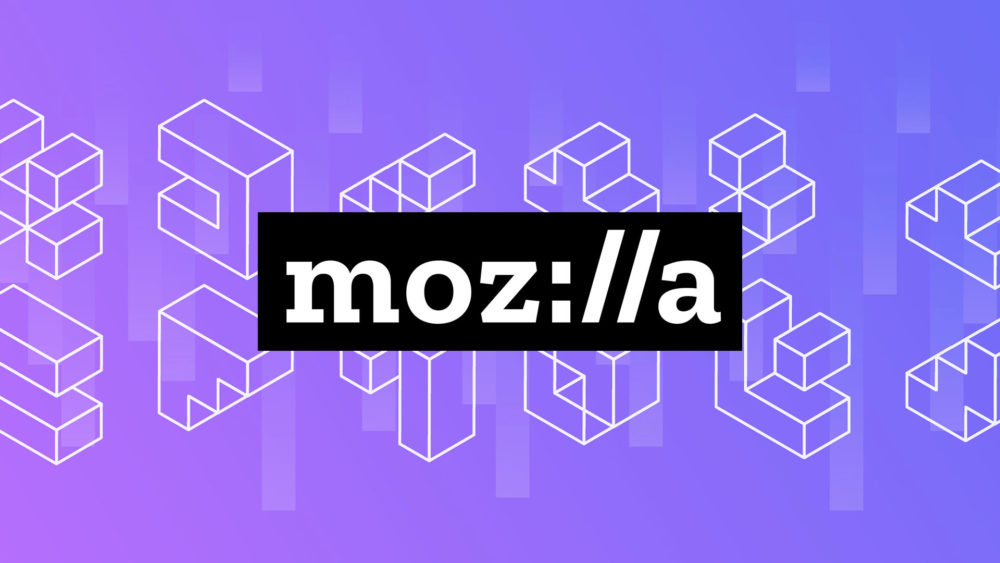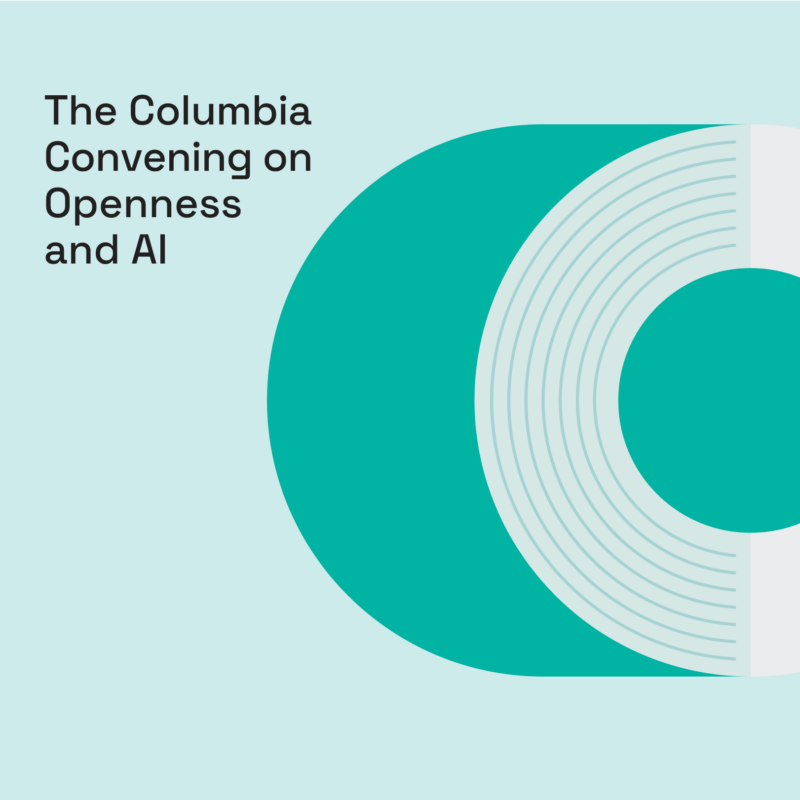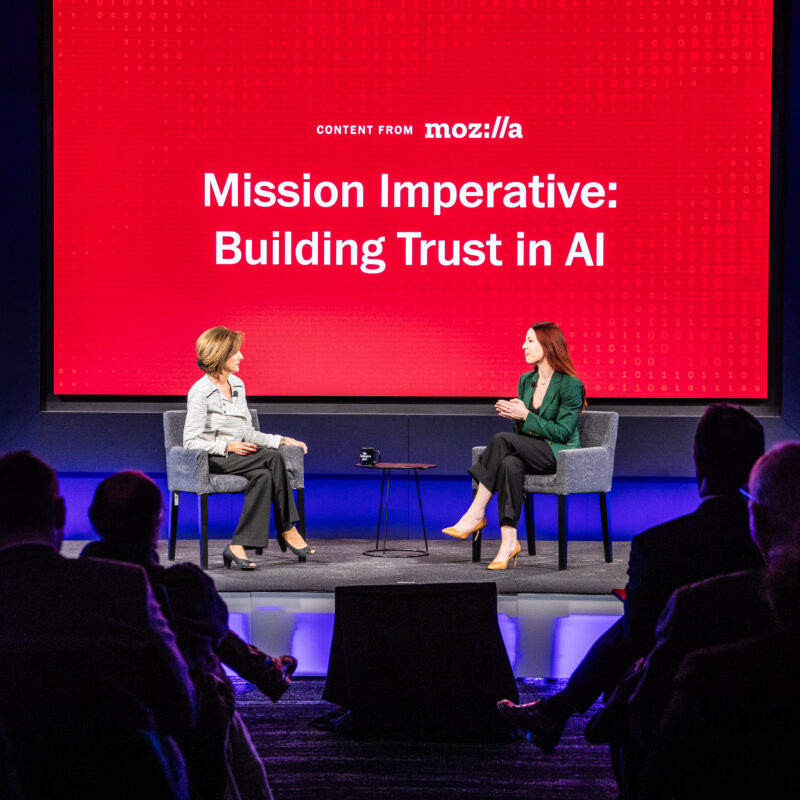Mozilla, Open Web Docs and partner organizations met in London in January to create a joint roadmap for MDN, improve planning and collaboration, and cement a shared vision for the project’s future.
A project with the size and complexity of MDN – a collaborative undertaking to document web platform technologies – requires great effort to keep content up-to-date, accurate and accessible for the broadest audience. Coordinating the activities of staff, partners and a community of volunteers and contributors who work on different areas of the website requires considerable focus and proactive planning.
In the last month alone, 175 people contributed over 450 pull requests to the English language content repository. Dozens of additional repositories complement or are incorporated into the site, including browser compatibility data, code examples, demo applications and significant community-driven efforts to localize the site into seven languages.
It’s crucial that contributors can quickly and easily see what others are doing or planning so that we can avoid conflicting work. We also want to ensure that work by community contributors fits with the content on the site, so that their efforts lead to changes that ultimately will be accepted and published.
Coming together
To help with community coordination and to keep the MDN contribution process running efficiently, Mozilla and Open Web Docs have created a shared and open roadmap for ongoing and planned work. The roadmap will help everyone working on the project understand what’s coming up next across the site and the scope, requirements and impact of changes.
For the project roadmap kickoff, Mozilla, Open Web Docs and representatives from Google, W3C and Microsoft met in London in January to discuss how to improve planning and collaboration and cement a shared vision for MDN’s future.
We discussed the project’s current state, its challenges and how to improve the website for the benefit of readers. We also focused on ways to strengthen the project’s future and support a growing community that works on maintaining MDN as a trusted source of information for developers in the coming years.
Goals of the shared roadmap
Aside from the daily maintenance and chores relating to routine updates, the roadmap covers more complex tasks that require careful coordination and planning. The roadmap will help capture significant site changes, from content updates to navigation improvements.
The goal is to make it easier to highlight the project’s priorities and to help contributors see planning, assignees and what tasks are available to pick up. During the London work week, the group identified the following key areas for the 2023 roadmap:
- Content lifecycle: We identified the maintenance cost of content additions during planning, defined sunsetting strategies and discussed ways to separate technical or implementation details from prose that may become quickly outdated.
- Information architecture: This covers the ongoing work to categorize and organize content on the site based on the type of technology it relates to and how it works with other technologies.
- Code examples: This covers the plans to make the different types of code examples displayed on MDN easier to maintain and contribute to and ways to simplify the editor that renders them on the page for readers.
- Discoverability: We discussed how to make it simple for developers to find the information they need while browsing the site, improving the site’s search functionality and making it more straightforward and exciting to discover new and related content.
- Platform and compatibility: This involves developing a hierarchy that groups platform features across technologies so that developers get a clear picture of whether they can use the features, what they relate to, and the browser and device support for these features.
If you would like to read the details, the meeting minutes from all sessions are available in the Open Web Docs project repository on GitHub.
Working closely with our partners
MDN serves millions of developers daily who look for help implementing a web feature, learning about new technologies and finding compatibility information for their applications. Meeting with our partners in London has given us great confidence in the commitment to the success of MDN and a renewed focus on the project’s development.
“With the web platform evolving so fast, keeping track and knowing what to use can be hard. In this context, MDN is an essential resource. We’re very happy to be working with partners that care so much about writing great documentation. Thank you to Mozilla for making it possible for us all to meet and align on our collective next steps. The future of web docs looks bright!”
Patrick Brosset, Microsoft
“Good documentation is critical to the adoption of any technology by developers, and MDN is an invaluable place for developers to learn about Web technologies standardized in W3C. I was thrilled to bring W3C’s perspectives on the shared roadmap that MDN and Open Web Docs are converging on – this paves the way for Web developers to get even faster documentation about all the new features regularly landing on the Web Platform.”
Dominique Hazael-Massieux, W3C
“We are very grateful for this opportunity. It was the first time we met as a group in person given Open Web Docs was founded during the global covid pandemic. Some of us met for the first time in real life.”
Florian Scholz, Open Web Docs
“MDN’s reference documentation is an integral part of developers’ lives, and I’m very happy for the ongoing collaboration with MDN to make sure web platform features and APIs are fully documented to enable developers to be successful on the web.”
Robert Nyman, Google
Having Open Web Docs, W3C, Google and Microsoft join us in person was an excellent opportunity to discuss ongoing efforts to support web platform documentation for the benefit of web developers and designers worldwide. This community of developers, standards makers and technology companies continue to do invaluable work for projects that rely on documentation as critical digital infrastructure.

Working together enables us to better focus on the site’s content and usefulness. With a growing global audience of millions of developers, we see MDN as a vital resource for the web platform. It’s a place where anyone can learn about open web technologies and how to use them to build great things.



